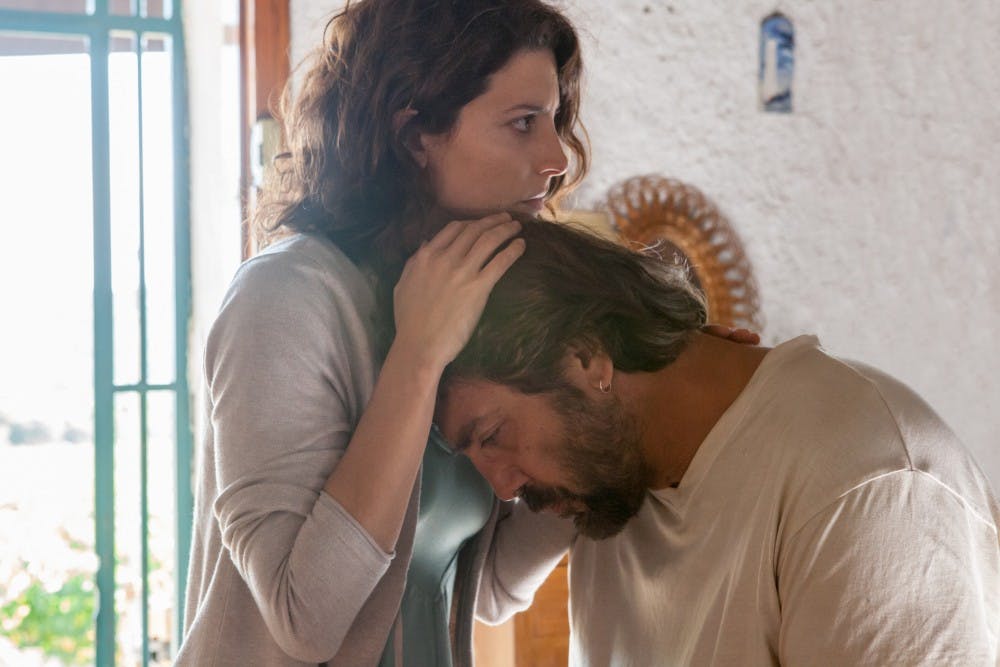Everybody Knows is a Spanish foreign film, a family drama, and a kidnapping mystery wrapped into one. Laura (Penélope Cruz) returns to Spain from Argentina for a family wedding. She brings only her son and daughter—leaving her husband behind for the first time—and partakes in wedding festivities with her family and their friends, the most notable among them being the bubbly Paco (Javier Bardem), Laura's old flame. Everyone appears to be getting along—until Laura’s daughter, Irene (Carla Campra) goes missing.
The film is an excellent portrayal of the entrenched feudalistic system of property ownership that continues in Spain to this day. As the family panics and attempts to come up with the ransom money for Irene’s release, tensions between Laura’s family and Paco escalate. In desperation to deliver the exorbitant sum that the kidnappers ask for, Laura asks Paco to sell his estate. Her family believes he owes it to them—he is, after all, nothing more than the servant’s son whom Laura sold the estate to in times of financial duress. They treat the land as if it is still theirs, which Paco quietly considers but his girlfriend bitterly contests.
Completely devoid of music, this film starkly contrasts any kidnapping thriller Liam Neeson has ever starred in. Each of these films is replete with a crescendoing musical score and a melodramatic script, in which Neeson determines he has to save his loved one on his own, no matter the cost. This film is unique in its lack of musical accompaniment and high–speed car chases. It adds to the poignant power of this portrait of the feudal hierarchy that continues to exist in Spain.
With the estate, Paco transcends his previous class as a mere servant’s boy and becomes a prosperous property owner who employs dozens of laborers. As the kidnappers’ threats grow increasingly dire, however, he unwillingly sells his estate and is left devastatingly destitute once more, reverting to his former status at the bottom of the feudal pyramid. The family hardly thanks him—when Irene is returned, Laura glances at Paco briefly, murmurs a “thank you,” and leaves with her daughter, never looking back or saying goodbye. He is left heartbreakingly alone.
Feudalism was abolished in Spain with The Abolition of Feudal Tenure Act of 1820. The Act removed the legal rights that feudal lords enjoyed, but preserved their property rights and the right to use the feudal title. Presently, feudal lords no longer officially exist. Their Lordships, however, remain today as honorable rights. The system is preserved, and old families view their old land as theirs even when it is sold.
The message is clear. Upward social mobility is still impossible. No matter the wealth that one accrues—or loses—over time, what one is born into in Spain is what one will remain. To be fair, the estate was the only financial means to rescue Laura. But as the film progresses, it becomes clear (for reasons I won't spoil) that the kidnappers depended on Paco selling his estate. They represent the expectation that society has of him not complaining and returning to the bottom. Tradition and class are upheld, and things quietly go back to the way they were.







